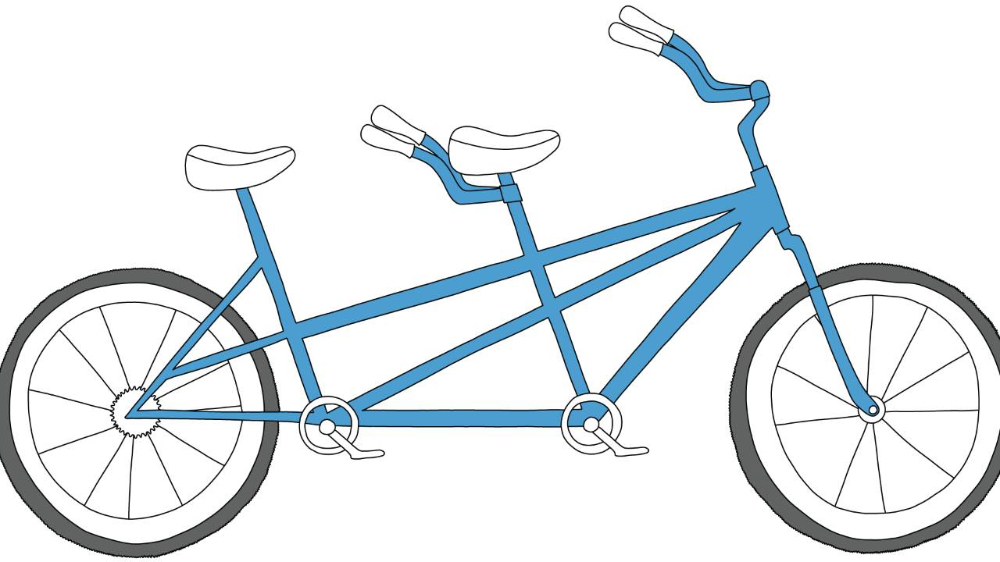How to manage anxiety effectively:
1. Overthinking & Future Worries → Practice Mindfulness & Reframing
- Mindfulness techniques (meditation, deep breathing, grounding exercises) help bring focus back to the present moment.
- Cognitive reframing: Challenge anxious thoughts by asking, “Is this fear based on fact or assumption?” and “What’s the best-case scenario?”
2. Unrealistic Expectations & Perfectionism → Embrace Progress Over Perfection
- Set realistic goals and focus on small wins rather than flawless execution.
- Practice self-compassion: Speak to yourself as you would a close friend.
- Give yourself permission to fail and learn, rather than fear mistakes.
3. Past Trauma & Unresolved Emotional Pain → Seek Healing & Emotional Processing
-
Consider therapy or coaching to work through past experiences in a safe space.
-
Journaling, expressive arts, or EMDR therapy can help process emotions.
-
Recognize triggers and develop healthy coping mechanisms rather than avoidance.
4. Biological & Genetic Factors → Support Nervous System & Body
- Prioritize sleep, movement, and nutrition to balance brain chemistry.
- Reduce stimulants like caffeine and alcohol, which can heighten anxiety.
- Explore therapy, breathwork, or medication (if needed) for long-term regulation.
Limit news and social media exposure, especially in the morning or before bed.
- Unfollow accounts that trigger anxiety and follow uplifting, realistic content.
- Spend more time in nature, deep conversations, or hobbies that recharge you.

